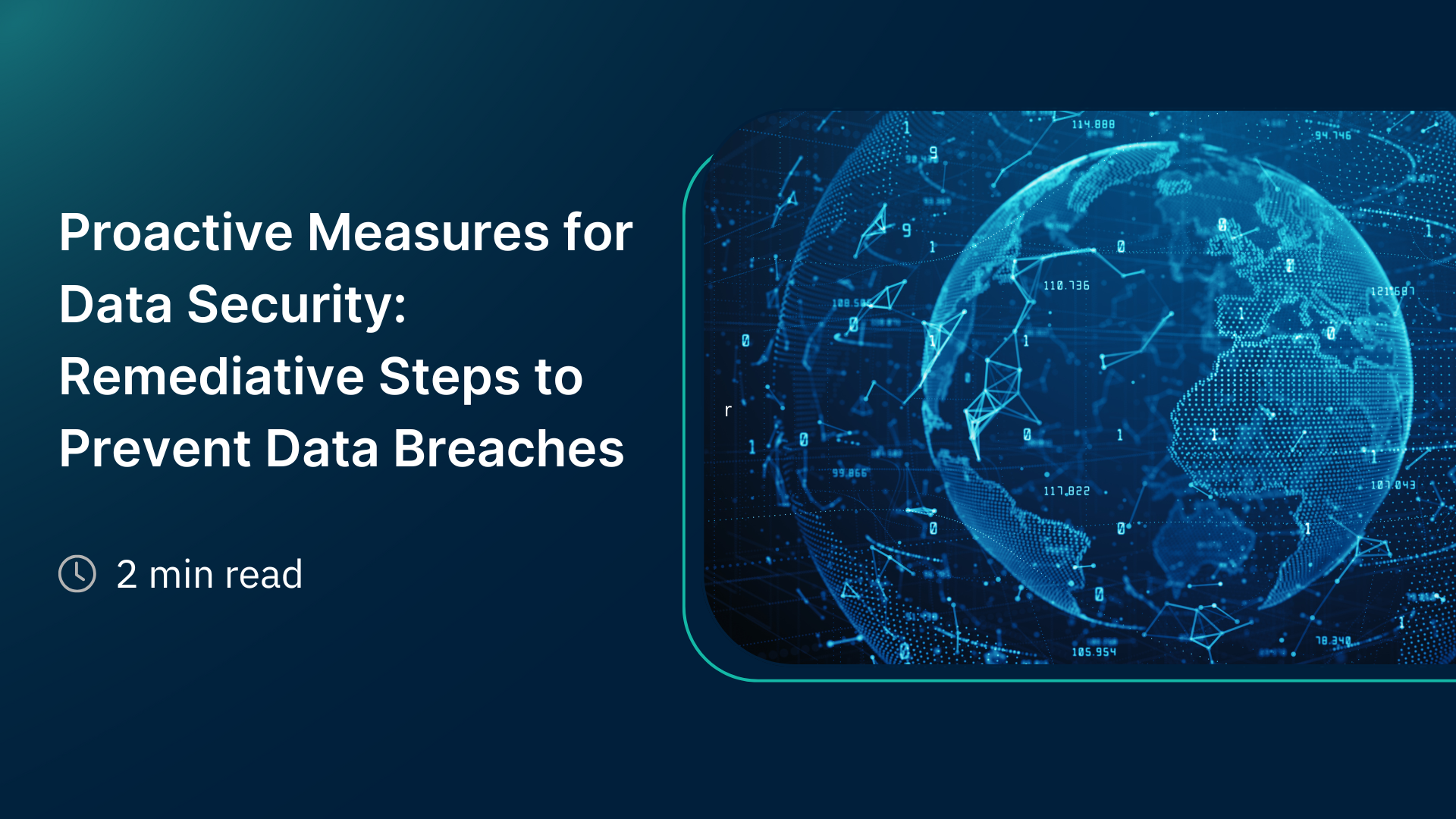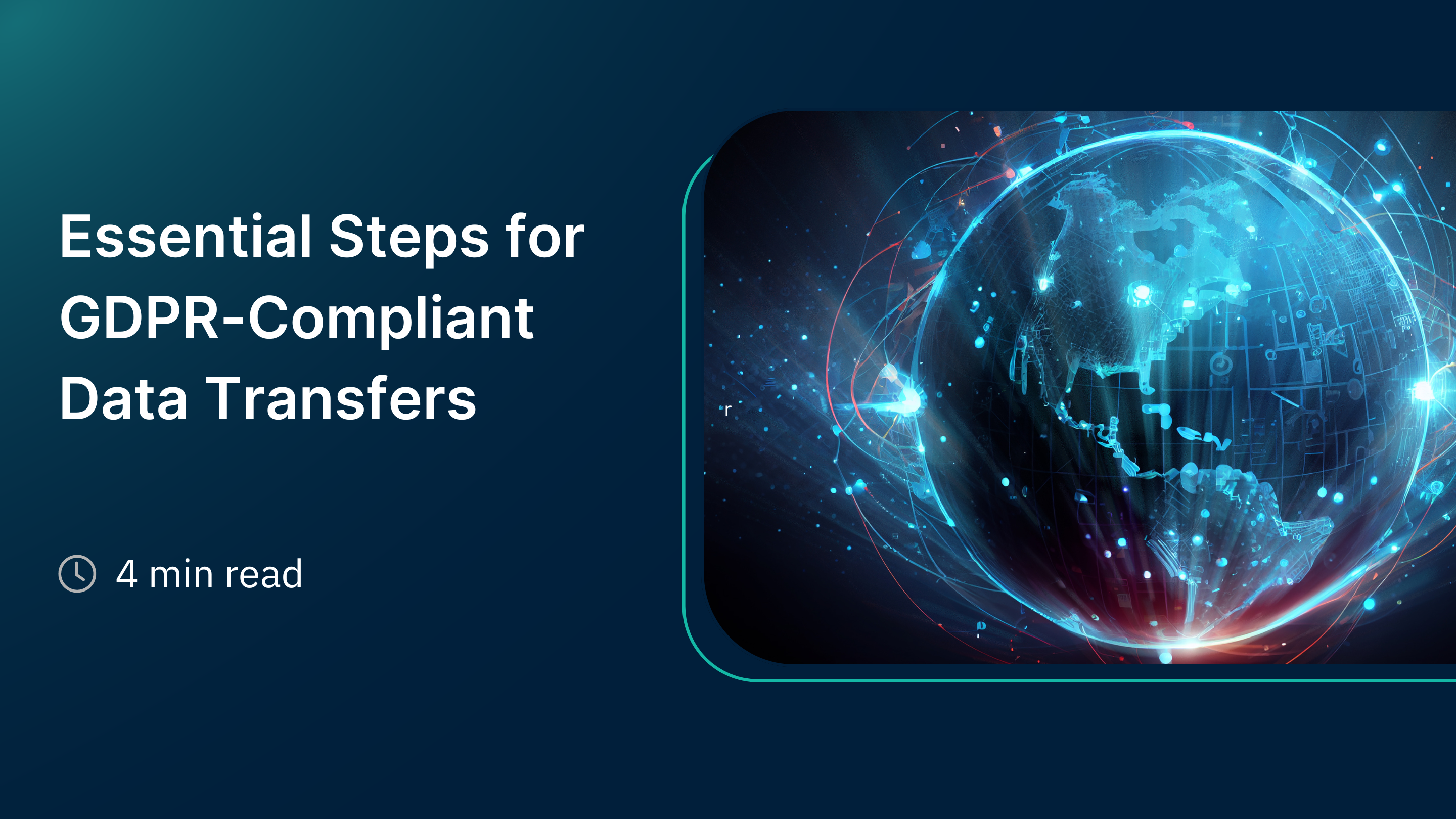Lowering Data Costs and Improving Compliance with Modern Data Security
By Sanjay Raja
Today we are seeing an explosion of data being used and stored as analytics are powering organizations to make better operational and customer-focused decisions. However, the over collection of personal information can dramatically increase the risk to organizations as well as their customers. Unnecessary collection of data already increases the “data attack surface” that often leads to a data breach. However, what has gotten even worse with Generative AI extracting and collecting data is the increased risk of inadvertently violating various compliance regulations around privacy rules.
Data security measures can contribute to data reduction by ensuring that only necessary and relevant data is collected, processed, and stored. The following sections will highlight the various ways that a modern data security platform can foster best practices in reducing unnecessary data, improving security and lowering data costs.
Data Minimization
Strong data security practices often necessitate the minimization of data collection to reduce the risk exposure. By collecting only essential data required for a specific purpose, organizations automatically reduce the overall volume of data they handle.
Retention Policies
Robust data security frameworks include clear retention policies. These policies specify how long data should be retained based on legal requirements and business needs. By adhering strictly to these policies, organizations avoid accumulating unnecessary data over time.
Data Cleansing and Deletion
Effective data security practices ensure regular audits and reviews of stored data. This process identifies outdated, irrelevant, or duplicate data that can be safely deleted. Data cleansing efforts, often part of security protocols, reduce the overall data volume and improve data quality.
Access Control
Strict access controls limit who can access and manipulate data. This reduces the chances of unauthorized data accumulation or modification. By restricting access to only those who need it for their roles, organizations can minimize the risk of unnecessary data handling.
Data Encryption
Encrypting sensitive data ensures that even if unauthorized access occurs, the data remains unreadable and unusable. This discourages data hoarding practices where organizations might be tempted to retain more data than necessary due to security concerns.
Compliance Requirements
Data security measures often align with regulatory requirements such as GDPR or CCPA, which emphasize data minimization and purpose limitation. By complying with these regulations, organizations naturally reduce the amount of data they collect and store.
Many of the areas above can reduce your data footprint and/or describe how you can improve data privacy to reduce risk and streamline meeting compliance requirements.
What is a Modern Data Security solution?
Despite a crowded data security market, most data, security and privacy teams are fundamentally unable to gain visibility into sensitive data across their entire infrastructure and proactively take the necessary and specific actions to protect this data. A modern data security platform must work across even the most complex hybrid and cloud architectures where data can hide or be easily lost to provide complete visibility that can adapt to data in constant motion. In addition, it must have the ability to leverage advancements in AI to eliminate manual tasks and having to pay for costly services to achieve needed results. This is especially true for remediation. While many vendors claim remediation, submitting tickets or loose integrations is not the answer.
The Borneo AI-Native Data Security Platform
Borneo, led by practitioners from Uber, Meta and Yahoo!, has focused on building a flexible platform that can adapt to any stage of the data lifecycle with a focus on actually fixing and remediating data security and privacy issues instead of leaving it to data teams to “figure out”. Built to leverage advances in AI and support a full complement of connectors, Borneo does not require copies of data or point-in-time scans to offer real-time understanding of your data security and privacy risk across the entire data-lifecycle. With Borneo, you can ensure authorized access, stop intrusive AI, prevent data theft and automate remediation tasks with a click of a button. This leads to better observability, improved operational efficiency and lower costs, while drastically improving data security and privacy.
Conclusion
In summary, robust data security practices encourage data reduction by promoting minimal data collection, enforcing strict retention policies, facilitating regular data cleansing, controlling access, and ensuring compliance with regulatory requirements. These measures collectively contribute to a leaner, more manageable dataset while enhancing overall data security and privacy.
To learn more about how Borneo can help you achieve your goals in protecting your data and improving your team’s operational efficiency, while also lowering costs, check out https://borneo.io for more information or contact us at info@borneo.io.



